When we look for books that deals with disability in science fiction, we have more options than we used to, but especially in main stream books and other media, it is still a rare sight. Content warning: Cancer, chronic illness and disability
While I do not myself have any major physical disabilities this is a quite personal post to me. The post focuses on physical disabilities.
One reason often hear cited is, well it’s the future, we will surely have fixed that by then. This idea that we can just solve disability with technology and medicine is what I want to talk to today.
Table of Contents
Inperfect cures and treatments
It might be treatable, but no cure is perfect
if you think that every single disability can be completely curable, you do not know a single person with a disability in real life. Just because there is a cure, doesn’t mean that is kind of that it leaves you without scars or side effects. While we have gotten better at treating and preventing disability and chronic illness, we are nowhere near a world where everything can be repaired to. So if we are talking near-future science fiction there should be people with disabilities and chronic illness, thinking otherwise is just silly. And that is without thinking about the economic issues at all.
I will give you a few examples of how modern day medicine when doing it’s very best, it still leaves that us with issues that would otherwise not be there.
Nearsighted
Let’s start with the very personal and fairly harmless, me. I am quite nearsighted or have myopia (danish prescription of minus 8). In most of my everyday life this is not something that affect me much as I manage it with glasses and contact lenses. Seen from a purely social disability model, this is not a disability as we have quite good accommodations. I do not think of myself as disabled, but in many other points in history, I would basically be blind.
I use the disability aids of contact lenses and glasses, like most other nearsighted people. My contacts works well for me, most of the time. I can even sleep with them. For the most part I forget that I wear them and that my eyesight is pretty bad.
However when my hay fever is flaring up (which it does – because pollen sucks), I can’t really wear my contacts. No problem one would think, I will just wear my glasses and I do. But glasses are fare from a perfect cure for nearsightedness, now are they. They steal my peripheral vision, they fog up constantly, they are heavy (leaving me with a sore nose and a headache) and they only work when I wear them. Anyone with glasses knows this.
Even if I didn’t have an allergy affecting my contacts, they always bear the risk of infection and not everyone can wear them. I just lucky that I can wear them all day everyday without any irritation or problems.
Some might think, but I got get a laser operation to correct this. Sure but operations are never without risks and as I understand our current laser operations, they are a one time deal. So in ten years when my myopia has moved once again, I would be in the same situation once again.
If I lived in a time before glasses or in a situation where I couldn’t have access to them for whatever reason, I could very much be described as having a disability.
So sure we can “cure” nearsightedness with technology, but it is far from a perfect cure. It’s more of an accommodation. Better technologies might lessen these issues, but I don’t see them going away altogether. Where are all the fantasy characters with horrible eyesight?
Ok let’s look at another more serious example.
Cancer
In 2016 my husband was diagnosed with cancer. Luckily it was one of the very treatable ones. He had hell in chemo. He went from being healthy to very very sick in a matter of weeks. It was quiet serious at some point. But the treatment worked as it should and he is now cancer free, and is now out of the woods.
However, he got pretty much any side effect of the treatment that he could possibly have. For months he was nauseated. Because the treatment hit him so hard, he was ill enough that he was bedridden for months, meaning that he lost a lot of muscle mass. The treatment, left him with much less energy than before. He also lost most of his sight on one eye, because they couldn’t treat an infection, during the cancer treatment. He has tinnitus on both ears and his taste buds were reset. But the cancer is gone, and we are of course very grateful for that. However much the cure worked, it didn’t leave him with no scares.
Remember cures tends to come with a price
I could keep listing examples of non-perfect cures, but really it seems to be all of them. And I have not even touched on any mental disabilities. Cures might tackle the problem, but there are almost always side effects or the technology might lead to other issues.
Which is why I love that we start to see characters in fantasy worlds have problems from old magical healings. We see the old veteran in particular complaining of pains in old wounds and people developing magic resistance because of too much healing done. That to me lends that world realism and makes it easier to connect to the characters as well as being good representation.
So even if you can somehow imagine a world where we can cure-all disabilities and chronic illnesses, I find myself hard pressed to imagine a world were all of those cures are perfect. A world where that might be true, might be nice wish-fulfillment, but it doesn’t feel real and it erases people with disabilities today from fiction – and that sucks!
Disability in Fantasy
While fantasy doesn’t have the same problems as science fiction, they do have their own set of problematic tropes. Mainly the compleat lack of representation or the magical cure trope. I will let other more knowledgeable people talk about that.
But really for a genre that focuses so much on war, there is a weird lack of disabled war veterans.
Representation and why we need disability in fiction
Of course you can write a world without any no disabilities or chronic illness at all if you really want to. Nobody is going to stop you. You are not going to get canceled. But, know that you are actively excluding real people’s ability to see them self represented in the work. Please also avoid magical/technological cures, that completely removes the disability. Most actual disabled persons see these kinds of narratives as quite ableists and harmful.
The portrait of disability doesn’t have to be perfect. People with disabilities being there is always better than not. If you for some reason don’t want to include real world disability, come up with new problems, that we are yet to solve.
Examples of well done disability in science fiction and fantasy
The Warrior’s Apprentice
by Lois McMaster Bujold
Series: Vorkosigan Saga
Genre: Space opera
Miles Vorkosigan is born with a birth defect that has left him very short and kind of broken. He spends all of his life coping with the effects of both the original problem and the effects of his treatments to help him walk. He is also a very intelligent and resourceful character. It’s a story about making the best of the cards life gives you, while also being a great space adventure with a military angle. Here are some examples of disability and chronic illness in science fiction and fantasy.
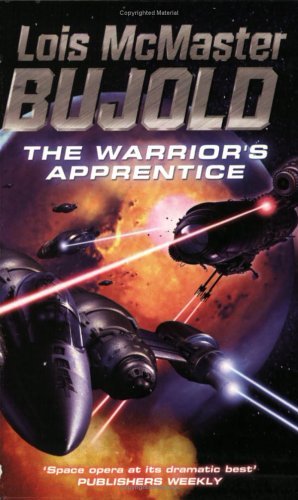
Borderline
by Mishell Baker
Series: The Arcadia Project
Genre: Urban fantasy
Millie has borderline personality disorder, two leg prosthesis and is quite a broken character, but she is also a very capable character. She has a lot of issues and is allowed to be very real. The book is about the intersection of Hollywood and fairy with a mystery thrown in for good measure. I am still amazed that it didn’t win all the awards. Read my full review here.

Ascension
by Jacqueline Koyanagi
Genre: Space Opera
Alana Quick is suffering from a chronic illness that leaves her in pain and with fatigue. She is also a black lesbian spaceship mechanic. This book is so different from your run of the mill space opera while still staying well within the genre boundaries. Read my full review here.
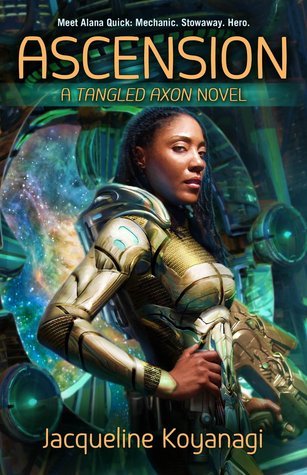
Sing
by Karin Tidbeck
Genre: Science fiction short story
Free online at tor.com
The protagonist has a physical disability and it’s walking with canes. It is a story about acceptance and risk and love. It is a stange story and a poetic one, as the cover image might suggest. It’s really hard to talk about without spoiling it, but read my full review here, or even better, go read it yourself.
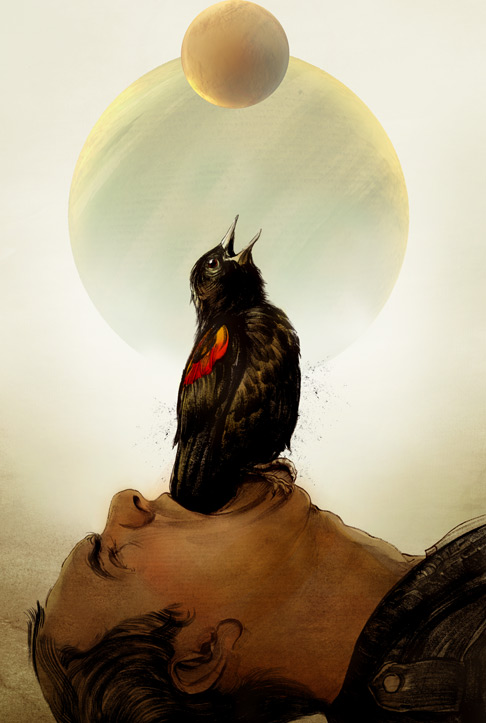
Did we break the end of the world
by Tansy Rayner Roberts
Genre: Post-apocalyptic YA novellette
Part of Defying Doomsday
The story is about a deaf teenager who is surviving in a post apocalyptic Australian city after the end of civilisation. Jin is deaf with a cranial implant, but after the apocalypse it’s kind of hard to get batteries for it. It is a story about friendship and rebellion and how to organize it without any media. The whole short story collection is all about disability and the apocalypse.
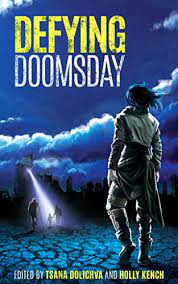
Careful Magic
by Karen Healey
Urban fantasy short story
Part of Kaleidoscope
Helen is a mage with OCD, which is both a boon and a hindrance for her in the story. The story is a beautiful high school story, that leaves you wanting more but is also the perfect length. It is the story with friendships, love and plot. Read my full review here. You can also find a lot more good examples in Kaleidoscope.

Angel of the Blockade
by Alex Wells
Genre: Space opera, novella
Nata is blind, she is also an awesome spaceship pilot that can plug into her spaceship, which gives her an amazing control over the ship. However the story doesn’t fall into the Daredevil trap of having her disability giving her super powers, she still have all the problems not being able to see in a sighted world gives you. The story has great understated world building, interesting characters, smugglers and has her in dire straits to save everyone.
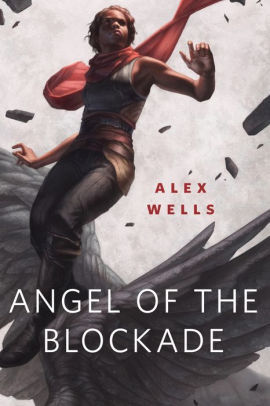
Rebuilding Tomorrow
Editor: Tsana Dolichva
Anthology
Genre: Post apocalystic science fiction, solarpunk, hopepunk
For those of us who wish a more positive portail of the future, solarpunk and hopepunk are the genres we turn to. Rebuilding Tomorrow is an anthology of stories about disabled or chronically-ill protagonists, who are just getting on with life after a new tomorrow has been established after the apocalypse.
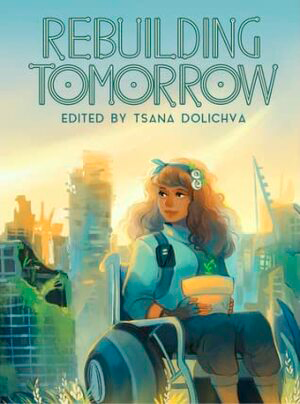
The Spare Man
by Mary Robinette Kowal
Genre: Science fiction, mystery
Tesla Crane is a billionaire who gets involved in solving a murder mystery on a spaceliner going to Mars. Tesla has chronic pain, ptsd and a number of cybernetic implants to help her manage. Other than a fun mystery it is also an interrogation of how privilege works – including it’s effect on disability.
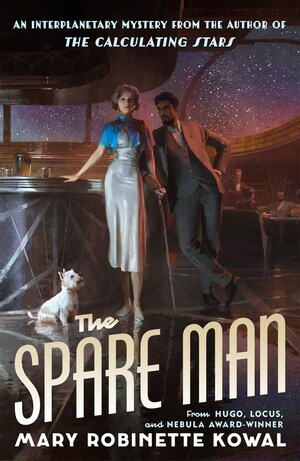
Citadel
by C.M. Alongi
Genre: Science fiction, dystopia
Olivia is a nonverbal autistic young scientist who who is confronted with the lies her society tells about their city. Her neurodivergent is central to how she navitagets her world, but it is not the story. It is a tense and emotional read. NB. the story is not resolved in book 1 and book 2 is not yet out.
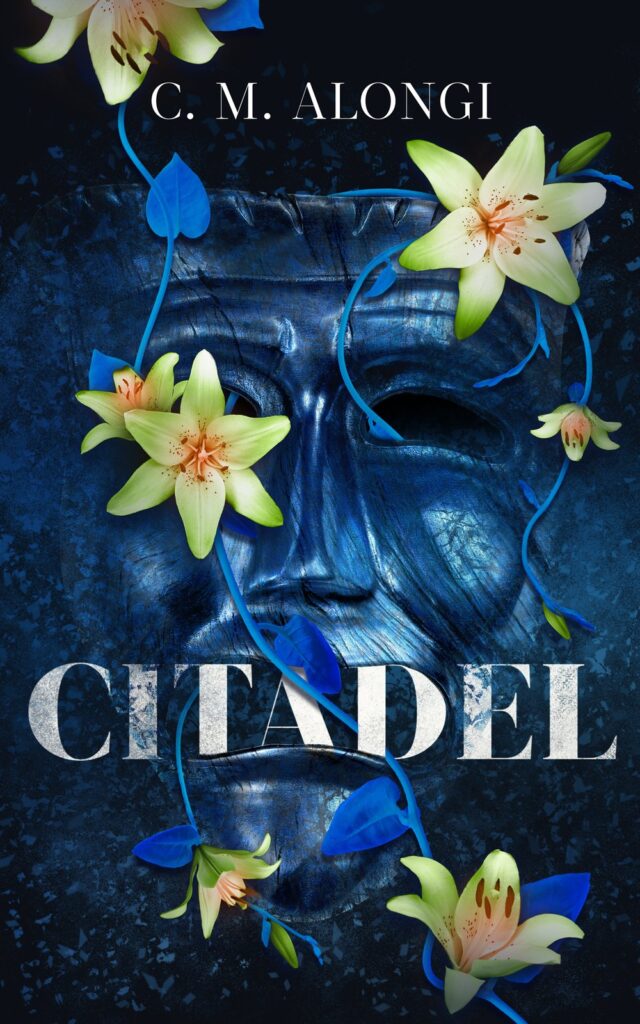
Hammered
by Elizabeth Bear
Series: Jenny Casey series
Genre: Space opera/first contact story
War veteran Jenny Casey has a prosthesis arm and leg and they give her both unique strengths and a ton of problems. Bonus she is also a middle-aged woman, who very much feel her years and she is pretty kick ass.
Please look up the author and see the controversy surrounding her before you decide if you want to read her.
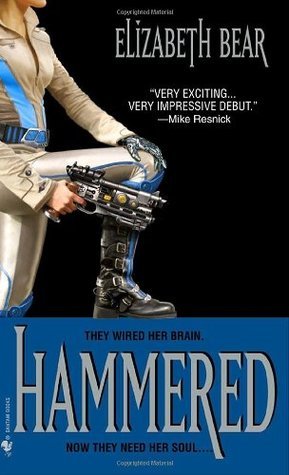
Do you know of any great examples I have forgotten about? I would love to add more to my list!
This post was originally posted: September 8, 2017. Updated February 2024 with a new introductions and heavy edits as well as more recs. Among other things I have changed some of the recommendations because I know more now than I did in 2017. I know a lot more about disability discourse than I did in 2017. If you want to see the original post, you can find it here.

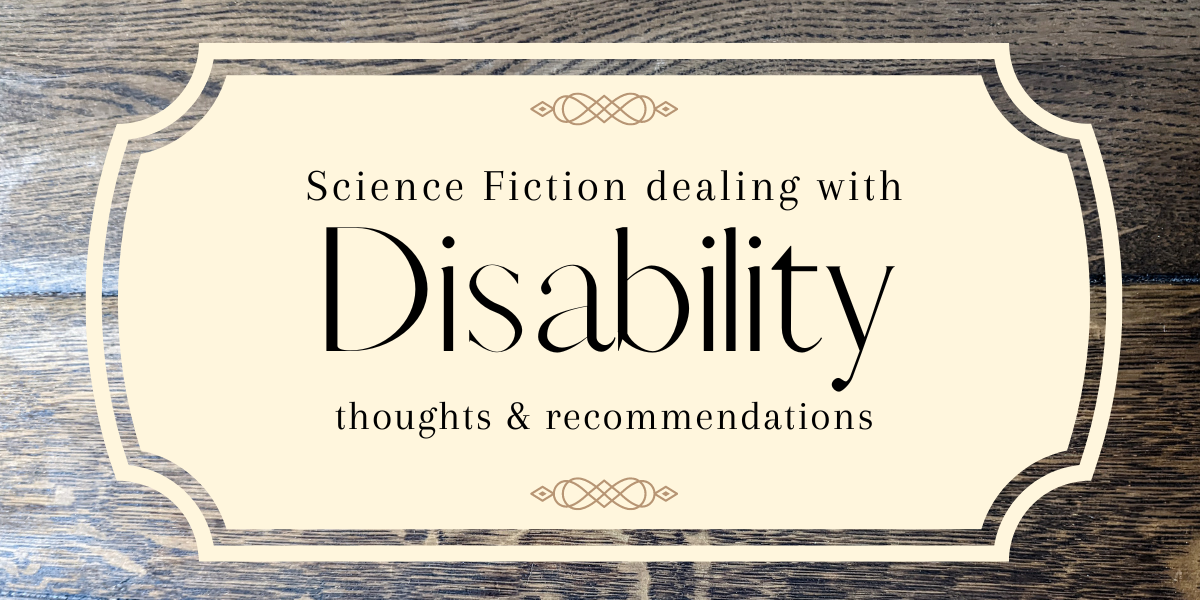
Leave a Reply